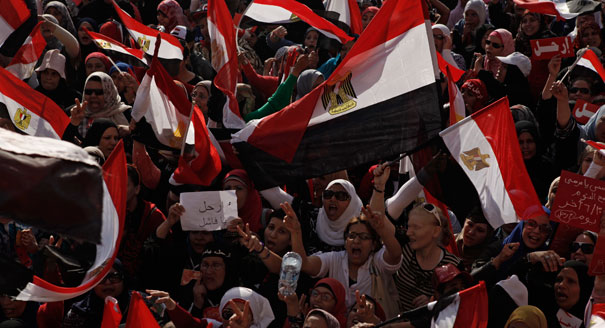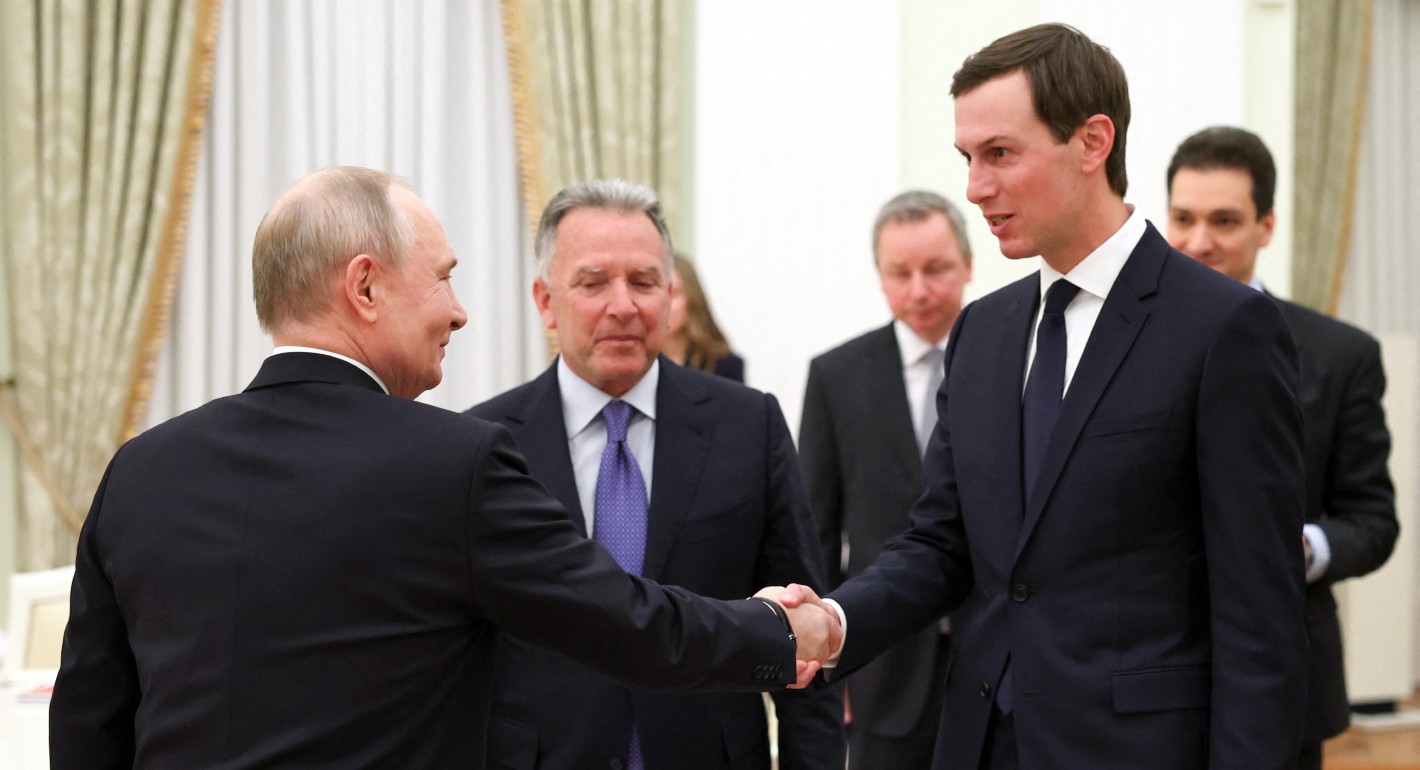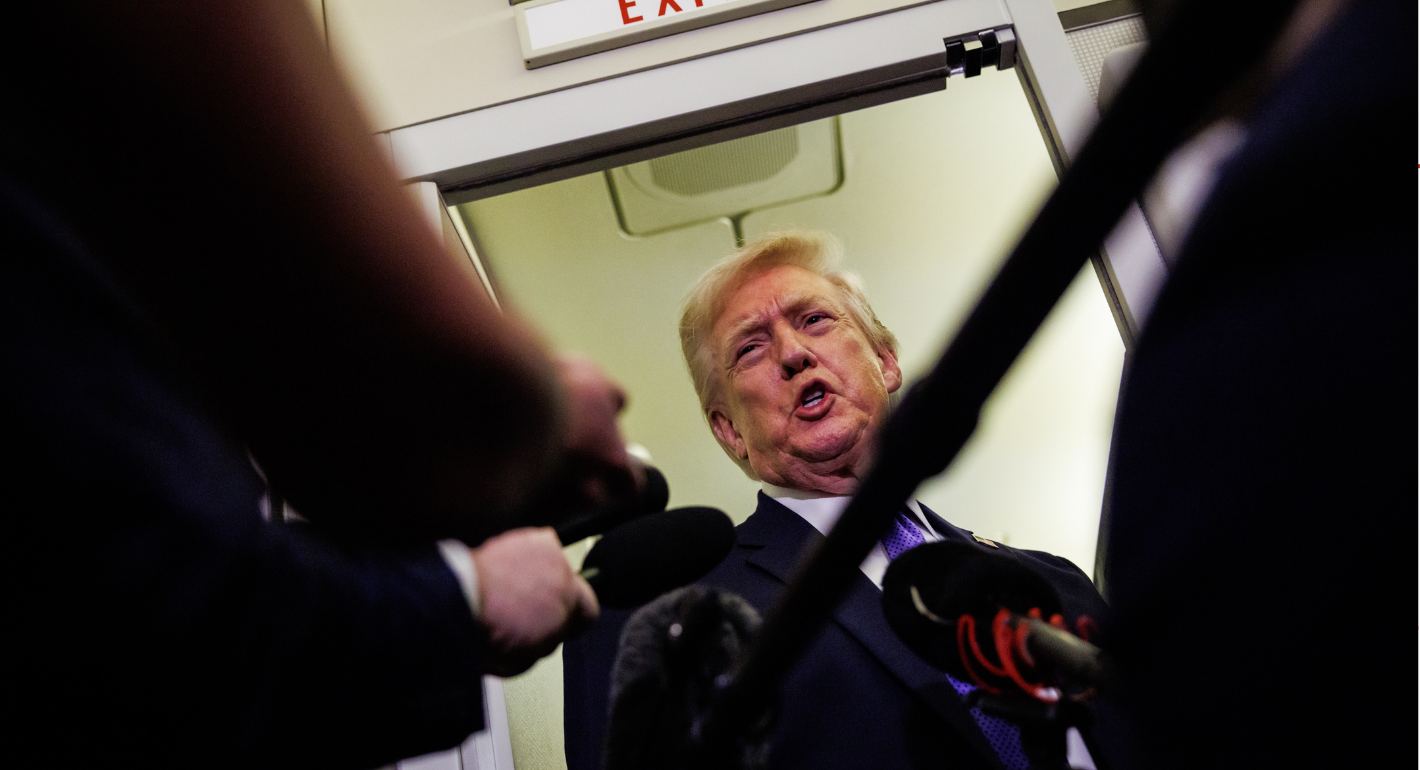Conflicts in Egypt, Libya, Tunisia, and Syria have transformed into regional struggles, putting economic and security interests at risk and inflaming sectarian tensions. But the United States is gradually withdrawing from its position as a primary supplier of regional security, and no one seems to be stepping into the void.
In a Q&A, David Schenker, director of the Program on Arab Politics at the Washington Institute for Near East Policy, explains what outside actors like the United States and China have to gain and lose from instability in the region.
What are the sources of instability in the Middle East?
Citizens of the Middle East are struggling to redefine their societies in the wake of the Arab Spring. Questions of whether identities should be formed around Islamism or secularism or whether regionalism or tribalism should take center stage are now key issues—and a primary source of tension—in states like Egypt, Libya, Tunisia, and Syria.
These countries all had authoritarian leaders and nominally republican governments. Increasingly radical Islamist groups took root in the region at the beginning of the twentieth century in reaction to these repressive leaders as well as to the Western presence, colonialism, and the resulting feelings of inadequacy.
A growing economic crisis—fueled in large part by the revolts—has also exacerbated the region’s internal struggles, causing conditions in several states to deteriorate.
In Egypt, the revolution occurred primarily because of economic problems. The new Islamist government needs to make hard decisions that could result in economic development and improve the lives of the 40 percent of Egyptians who still make less than $2 a day. However, it’s not clear if this government is prepared to do what it takes to get there.
Tunisia has a similar problem. Despite the change in power, the lack of economic improvement for the country’s poorest continues to fuel a high number of protests. Without improvements to the economy and unemployment rates in these countries, instability will persist throughout the region.
Then there is the ongoing and significant conflict in Syria, which should be viewed regionally, not just domestically. The Syrian crisis has drawn in regional actors like Saudi Arabia, Qatar, Iran, and Lebanon, and groups like Hezbollah.
The divide within Islam between the Sunni and Shia has transformed what originally began as popular protests against a brutal Shia minoritarian regime in Syria into a more regional war. Co-religionists (whether they are Sunni or Shia) are backing one another, regardless of national boundaries. In conflict-ridden states like Syria and Libya, there are few mechanisms to regulate the foreign fighters streaming in to take up arms on behalf of their respective branches of Islam. This complicates and expands conflicts that were domestic in origin but now involve the entire region.
What role has the United States played in responding to the region’s unrest?
The United States is the most dominant player in the Middle East right now, but its involvement has been inconsistent.
For instance, when Libyans rose up against their then leader Muammar Qaddafi, Washington acted very quickly out of humanitarian obligation. The United States called for Qaddafi to step down and worked to help the UN Security Council pass Resolution 1973, establishing a no-fly zone over Libya.
However, in Syria, Washington waited until 2,000 people were killed before calling for Syrian President Bashar al-Assad to step down. Former U.S. secretary of state Hillary Clinton set standards for intervention, such as the use of chemical warfare or fixed-wing aircraft, instead of focusing on how many people had been killed by the Assad regime. In reality, the United States should have been concentrating on its regional security interests.
Regime change in Syria is in the United States’ strategic interest. Although Israel’s border with Syria under the Assad regime has been one of its quietest, the Syrian regime has for decades been a destabilizing force in the region, supporting anti-U.S. and anti-Israeli terrorist organizations. Assad also cooperated with al-Qaeda during the 2003 U.S. invasion of Iraq, flooding the country with jihadists bent on killing Americans and Iraqis.
Yet Washington has been extremely reticent to act in Syria. The spring of last year was the right time for the United States to provide weapons to vetted elements of the Free Syrian Army, the Syrian rebels. Instead, Washington balked, delegating the role of arming the Syrian opposition to Saudi Arabia and Qatar, two states that apparently provided weapons to Islamist elements—some of which are aligned with al-Qaeda.
The United States’ choice not to intervene militarily or provide arms was effectively an abdication of its leadership position in the Middle East. Today, the situation on the ground is a lot worse because of the absence of an effective U.S. policy.
In contrast with former U.S. president George W. Bush, President Barack Obama has sought to establish consensus in any international action in Syria through mechanisms like UN Security Council resolutions. In the aftermath of Libya, however, Russia and China have been loath to authorize concerted international military action. In the absence of the elusive UN or Arab League consensus, Syria has deteriorated while Iranian and Russian intervention has increased in support of the Assad regime.
What have regional institutions like the Arab League done to fill the void left by the United States, particularly in Syria?
The Arab League is divided and can’t find unity on nearly any issue. It has an interest in counterbalancing Iran’s ambitions or checking Israel, but each country is too focused on internal politics to come together on regional concerns.
The Arab League has never been an effective organization, and it typically takes a backseat on all intra-Arab conflicts in the Middle East. Right now, the most helpful thing for the Arab League to do regarding Syria would be to establish some consensus that the slaughter is too profound and call for Western or UN intervention.
Outside actors like the United States and the UN would benefit from a more forward-leaning Arab League position on intervention. Several Arab League member states participated in the effort to liberate Libya from Qaddafi. The Arab League’s inaction on Syria, by contrast, has exacerbated the situation.
How does this instability impact China?
The Gulf region is a critical energy source for China. As the United States seeks to diminish its role in the Middle East and China’s own energy needs increase, Beijing needs to step up its role in stabilizing the region.
China’s increasing dependence on Middle Eastern oil means it cannot afford to see the region become more unstable. For instance, if Iran—the region’s largest state sponsor of terrorism—were to get a nuclear weapon, it would lead to a dramatic and destabilizing proliferation of these weapons throughout the Middle East. It would signify the end of the Nuclear Non-Proliferation Treaty because Saudi Arabia, Egypt, and Turkey would all respond by developing or purchasing nuclear weapons. And armed with a nuclear weapon, Iran, like North Korea, would be emboldened. The resulting instability would negatively impact China’s energy security.
Is there anything China can do to help bring stability to the region?
The Persian Gulf is a small place—there isn’t enough room for multiple external military forces. In addition, most Chinese academics agree that China does not yet have the capacity to project power as a security provider.
But there are other avenues for Beijing to take a more significant role in the Middle East, primarily through cooperation and financial aid. Cooperation is important in regard to tactical security in the region. For example, China deploying peacekeepers when needed, providing troops for the UN Interim Force in Lebanon, or contributing to antipiracy operations off Somalia’s coast are all helpful actions.
Financially, China is an increasingly global economic power, so if Beijing wants to play a positive role in the region, it should participate in some regional development. This effort needs to go beyond China’s current conditional investments that are primarily focused on resource extraction, which may benefit the host government but does not help the local people enough.
Beijing can provide technical assistance through financial aid, loans, and grants. This is what nations should do in an effort to help ease the economic and political problems of the conflicted countries in the Middle East. However, China doesn’t do this on a significant level yet.
China has complied with many of the UN sanctions on Iran, although it has been repeatedly granted waivers that allow it to continue importing Iranian oil. When the waivers end, Beijing could aid the international effort to increase pressure on Tehran to forego its nuclear program by no longer importing Iranian oil.
So one easy way that China can demonstrate it is a responsible power in the Middle East is to cooperate with other major powers on enforcing these sanctions. However, since Iran still supplies oil to certain countries, like China and India, Beijing may continue to be reluctant to do so.
Previously, China could depend on the United States underwriting the regional security architecture and being the primary provider of financial assistance in the Middle East. Given its economic and social development, however, it is irresponsible for China to continue free riding on the stabilizing U.S. security umbrella in the region.
While China cannot replace the United States in the Middle East, it certainly can have a more active presence. It’s time for China to start pulling its own weight.










